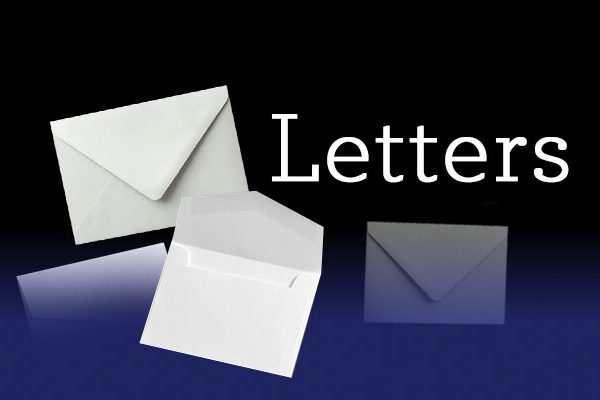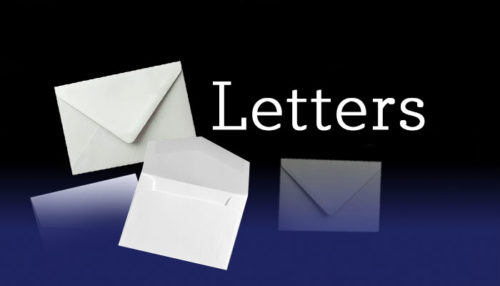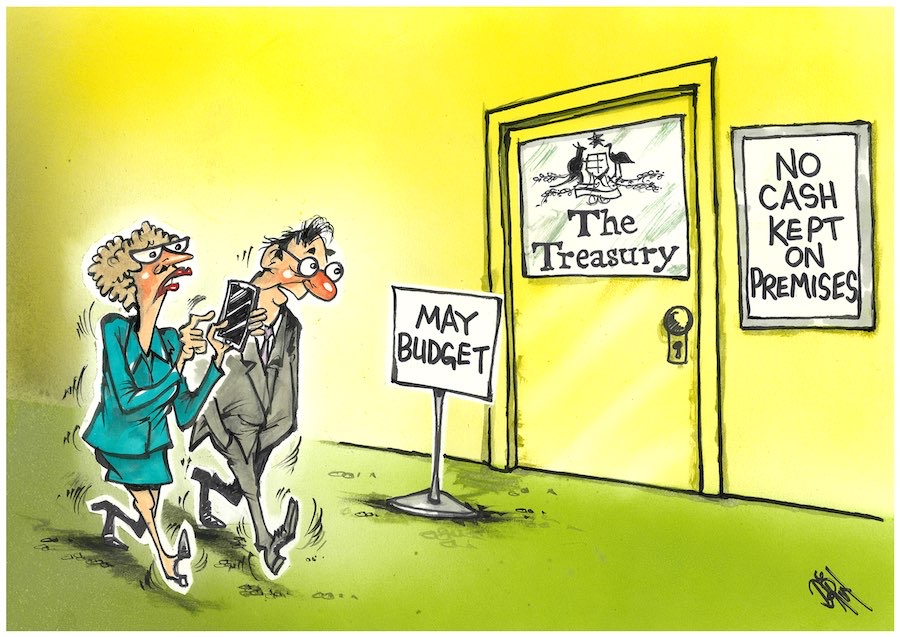Despite the passing of the Queen, unashamed monarchist RICK FORSTER can’t grasp why Australia would ever need to become a republic.
WHY do I find the word “republic” repugnant?

Every republic I know of has won its freedom through some war or battle, some overthrow of a despot, military regime or overbearing colonial power.
Furthermore, when they call themselves the People’s Democratic Socialist Republic you are sure to find they do not belong to the people, they are not democratic and neither are they Socialist.
The more adjectives they use the less free the people are. Think of the military, autocratic or Communist regimes, and of all the minority group persecutions in countries that call themselves republics.
Aborigines never declared war against Britain and Australia has never had to fight for its freedom. We were blessed with a colonial power that initially only wanted to park some of its convicts and over time realised that we were bigger and better than a mere faraway island jail.
Freedom came easily to the ensuing colonies, which were almost an offshoot of Britain itself. Through the 1880s trade with Britain was so strong that about 70 per cent of imports came from Britain, which in turn took around 80 per cent of our exports and our pound had parity with sterling. We had no central bank so Australian banks placed money into “London Funds” until such time as the Commonwealth Bank was established as a central bank, superseded by the formation of the Reserve Bank of Australia in 1960.
While the High Court was established in 1903, appeals could be referred to London’s Privy Council and it was not until 1986 that our legal system broke its ties with Britain.
However, the world was quickly changing; Britain aligned itself to Europe and Australia absorbed many migrants, many from damaged regimes, bringing diverse religions and beliefs, and there is a call for our head of state to be Australian.
In essence this is symbolic as our governors-general have all been Australian since 1965. However, in 1999 there was a failed referendum calling for Australia to become a republic and to change the constitution to allow for a president to be appointed by both houses of parliament.
We have probably the most robust constitution in the world and reserve powers are granted to the Governor-General in case parliament does not uphold the constitution. The republican movement seems to have forgotten that state governors also have these reserve powers, which they have used on many occasions, especially in Queensland, which abolished its upper house, the house of review.
Why should we even contemplate suffering the same collective noun as such repugnant regimes as North Korea, Syria, Turkmenistan, Equatorial Guinea, Yemen or Somalia when we already have a much more appropriate and dignified name? The Commonwealth of Australia.
Rick Forster, via email
Without fossil fuels where would we be?
RE global heating caused by fossil fuels from Dr Douglas Mackenzie (Letters, CN September 22).
There are a lot of differing opinions on the subject. Douglas finishes his letter by saying: “Any intelligent reader should now be convinced that global heating and climate change are caused by our use of fossil fuels”. I am not going to enter into the debate on the cause of global warming. What I would say is, without fossil fuels, the world would be in a sorry state, and without fossil fuels we would go backwards, and I am not talking about burning coal or gas causing pollution.
What I am talking about, is all the things that we take for granted in this world. All forms of plastic and most forms of resin are made from fossil fuels. If we do not use fossil fuels, we would have no phones (mobile or otherwise), computers, radios, TVs, videos, plastic furniture, vinyls, synthetic fabrics, pens, cameras, power points and light fittings in the home etcetera.
The wind turbine blades are made from fibreglass that is bound together with resin, which is quite often made from fossil fuels. I could go on but the list is endless.
Without fossil fuels we would not have the steel products we have today such as cars, factory machines, girders to build buildings, ships, planes, trains, buses, railway lines, bricks to build homes and so on.
Steel is made in blast furnaces and as yet we do not have sufficient supply of electricity to come even close to creating the heat needed to make steel.
To coin the phrase from Douglas: “Any intelligent reader should now be convinced that” without fossil fuels we would have none of the above.
Vi Evans via email
Summer’s getting hotter, winter milder
I FEEL it necessary to respond to Ray Peck’s letter (CN September 22) commenting on my letter where I addressed the misinformation from Ken Murtagh on human-induced climate change.
I have been engaged in the study of weather and climate for over 50 years, the last 30 years here in Canberra. I think I made it very clear that I completely agree with the findings of almost all reputable climatologists, that humankind is largely responsible for the observed rise in atmospheric and ocean temperatures thanks to continued human-produced emissions of greenhouse gases into the atmosphere.
I have read numerous reports from the World Meteorological Organization, NOAA, NASA , the British Met Office, our BOM and the CSIRO.
All confirm my concerns and, certainly, here in the Canberra region, the trends are very obvious, particularly when examined against the longer records of some meteorological sites predating the establishment of the Canberra Airport site in 1939.
In summary, summer temperatures are becoming hotter over the past three decades with more heatwaves. The current cool spell due to “La Nina” is a notable but temporary exception.
Winters are milder with a noticeable reduction in frosts and almost no new minimum temperature records set for several decades. Summers are becoming wetter, with more intense rainfall events from thunderstorms, while winter, nominally our wettest season, is becoming notably drier.
Overall, yearly rainfall in the Canberra region is decreasing in trend terms. These developments will have significant implications for the rural community surrounding our city. For the urban dwellers, the risk of another 2003 bushfire emergency, not to mention the more recent catastrophic event, are more likely to occur as decreased rainfall and droughts intensify with vegetation drying warmer temperatures.
I am not an engineer, economist or medical specialist but I am certain that the reliability or cost of renewables far outpaces the unviable use of non-renewable resources.
Gavin O’Brien, Gilmore
John’s wrong about China’s energy
JOHN Smith (Letters, CN October 6) makes several important mistakes in his put-down of renewables and praise of nuclear energy.
To give him the benefit of the doubt, the word “protracted” (projected?) was perhaps the work of autocorrect, but the average “capacity” (output) of a wind turbine is three megawatts, not five.
Mr Smith is also wrong about China’s efforts on renewable energy. China is by far the world’s largest producer of both wind and solar energy.
Yes, its population is concentrated “in the east (actually, the south-east) of the country”, but not all “wind turbines and solar farms are in the west”.
In fact, two of the three largest concentrations of wind turbines are in the south-east (Guangdong) and the north-east (Liaoning).
China’s longer-term plan is that almost all available surfaces will be covered by solar panels, with large projects in desert areas and smaller projects on rooftops.
China currently has no plans for “nuclear-powered electricity”.
Dr Douglas Mackenzie, Deakin
Shocked by weekly road crashes
I HAVE held a driving licence unblemished from an offence for 72 years – including driving on three continents.
Given the shocking road crashes (not accidents) happening weekly by L and P-plate drivers, I believe they reflect dangerous sub-standard driving abilities and should no longer be allowed.
Colliss Parrett, Barton
Who can be trusted?
In a world of spin and confusion, there’s never been a more important time to support independent journalism in Canberra.
If you trust our work online and want to enforce the power of independent voices, I invite you to make a small contribution.
Every dollar of support is invested back into our journalism to help keep citynews.com.au strong and free.
Thank you,
Ian Meikle, editor




![Teacher Vanessa Jones has been living in Higgins since 2001, and while she loves the area, she says she is “fed up” with the neglectful ACT government.
The Higgins shops have been completely abandoned, says Vanessa, preventing the opportunity for residents to have a community-centred space to socialise.
They only received bins nine months ago, she says, and requests for a water station and repairs to the bus station have gone unanswered.
“It’s very, very slow,” says Vanessa.
“I asked for the zebra crossing on Fullagar [Crescent] to be repainted, and we had to wait about six or nine months.
“That’s just such a long time… we pay a lot of rates.”
Vanessa says assistance from the government only seems to go to communities with time-rich and assertive communities, leaving places such as Higgins, where the majority of households have both adults working full-time and English may not be the first language of the family, at an automatic disadvantage.
“If you’ve got two people working, paying a mortgage, raising two or three kids, they don’t have the time,” says Vanessa.
Vanessa says the lack of attention quieter places such as Higgins is receiving is starting to look a lot like favouritism.
Read the full article on our website citynews.com.au
#canberra #canberranews](https://citynews.com.au/wp-content/plugins/instagram-feed/img/placeholder.png)
Leave a Reply